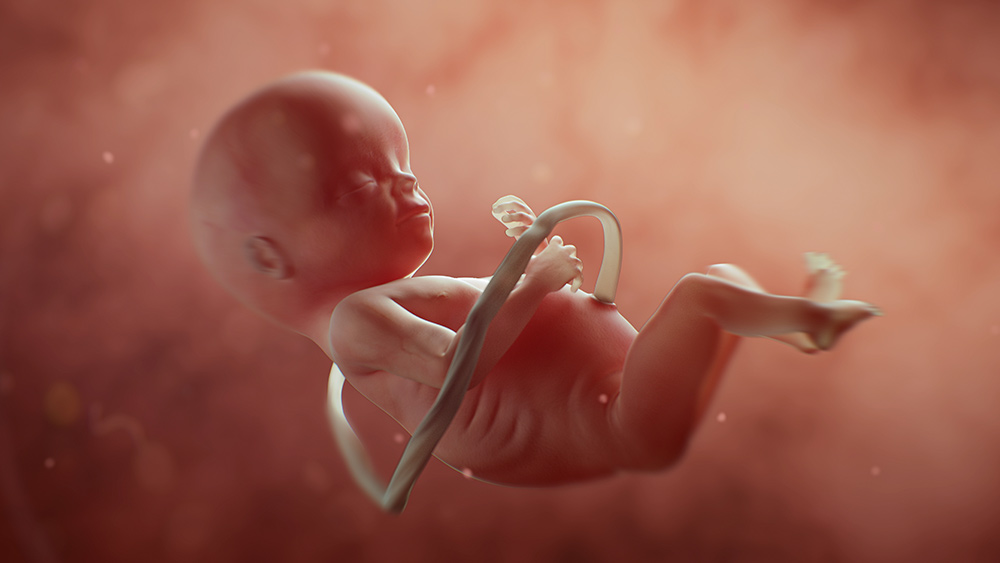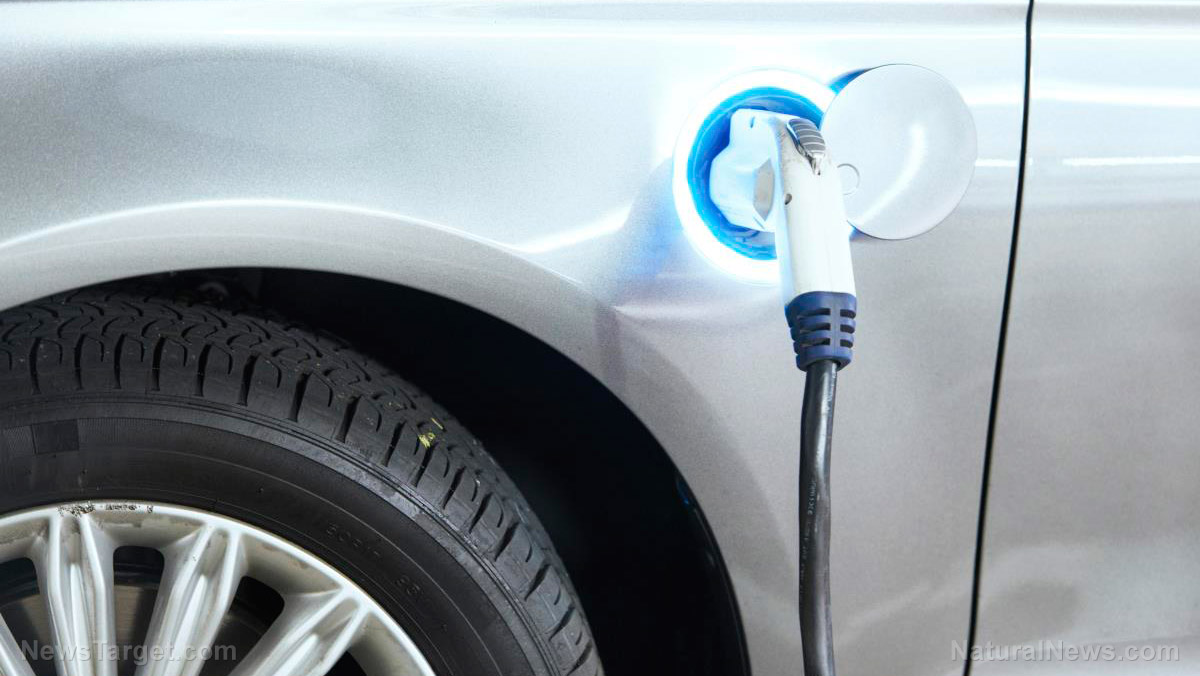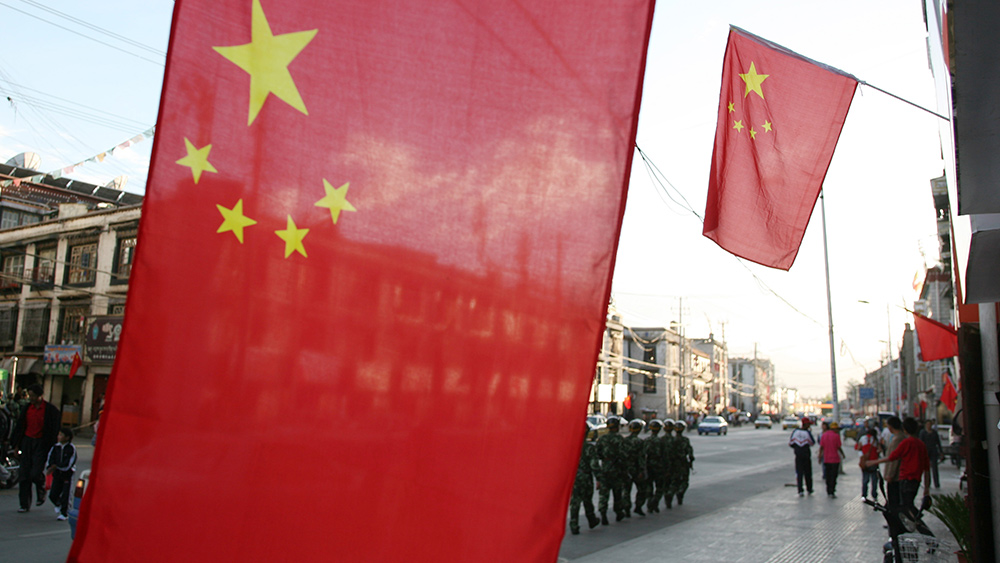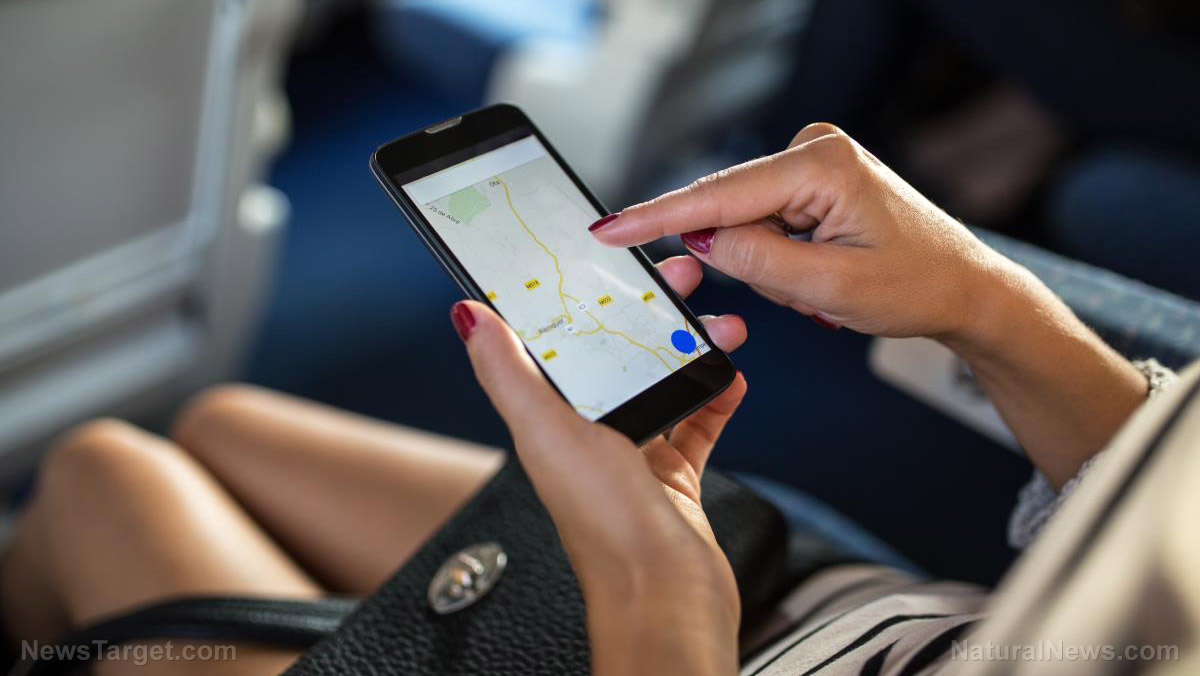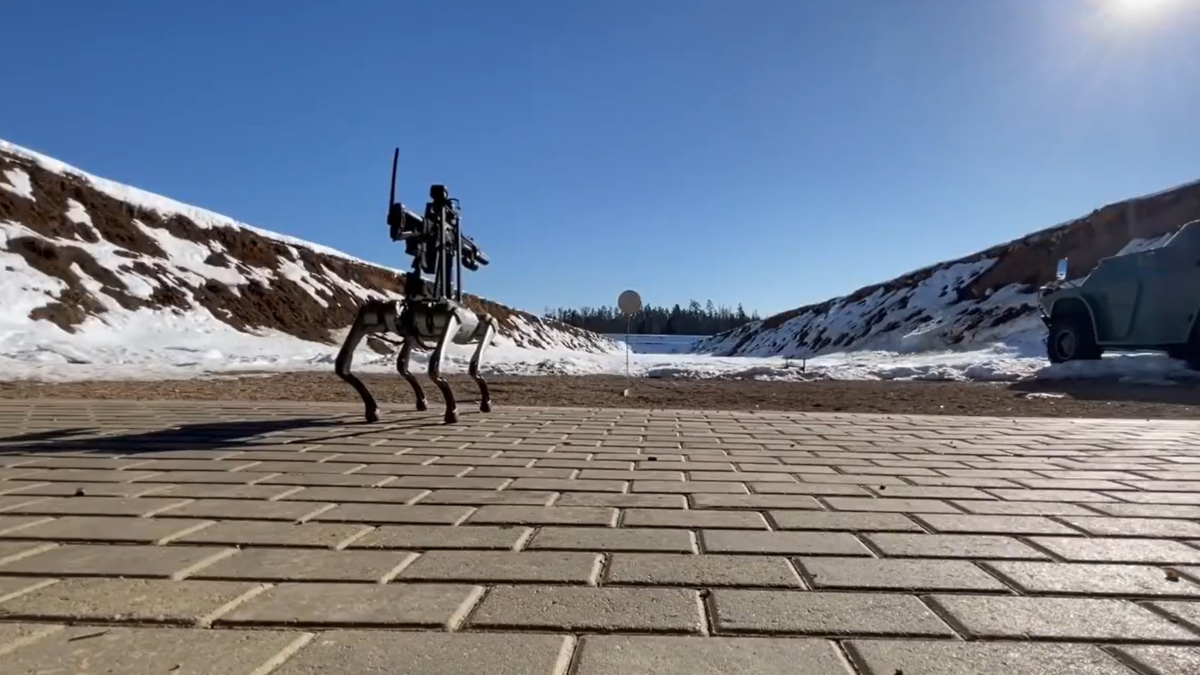TSA now wants to scan your face at security. Here are your rights. + more
12/06/2022 / By News Editors
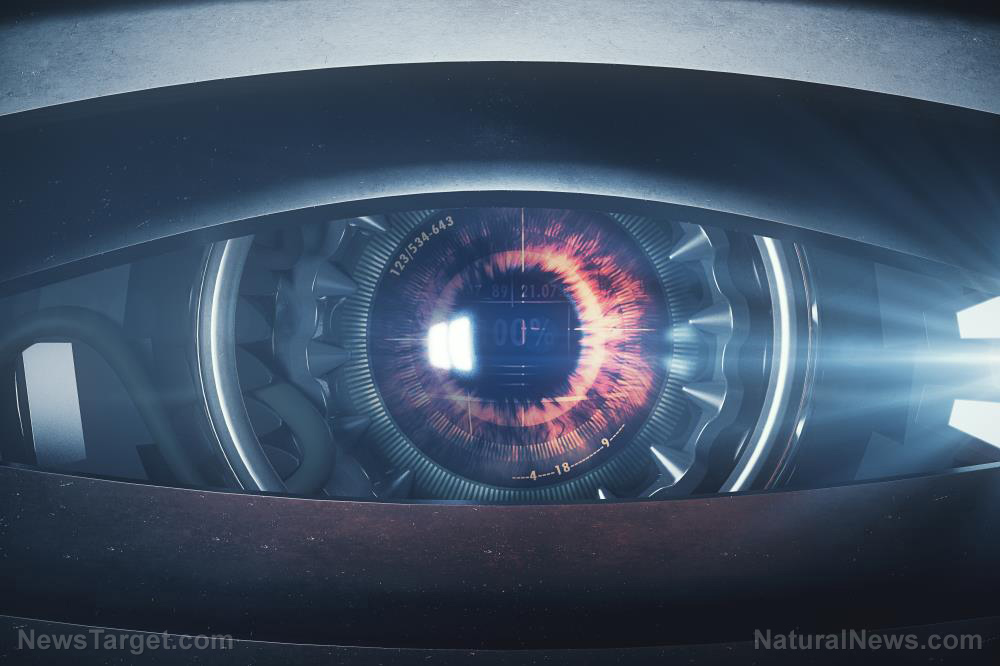
TSA Now Wants to Scan Your Face at Security. Here Are Your Rights.
Next time you’re at airport security, get ready to look straight into a camera. The TSA wants to analyze your face.
The Transportation Security Administration has been quietly testing controversial facial recognition technology for passenger screening at 16 major domestic airports — from Washington to Los Angeles — and hopes to expand it across the United States as soon as next year. Kiosks with cameras are doing a job that used to be completed by humans: checking the photos on travelers’ IDs to make sure they’re not impostors.
The TSA says facial recognition, which has been banned by cities such as San Francisco, helps improve security and possibly also efficiency. But it’s also bringing an unproven tech, with civil rights ramifications we still just don’t understand, to one of the most stressful parts of travel.
No, you don’t have to participate in facial recognition at the airport. Whether you’ll feel like you have a real choice is a separate question.
(Article republished from ChildrensHealthDefense.org)
Forced Medication: An Out-of-Control Abuse of Patient Rights
Dr. David J. Alfandre, an associate professor in the Department of Medicine at New York University has described patients going against medical advice as a “common and vexing problem,” expressing a sentiment many clinicians feel.
But American law actually requires physicians to respect patients’ autonomy. A federal court case decided in 1972, “Canterbury v. Spence,” specified that doctors must give patients all the information needed to understand the risks and benefits of a recommended medical intervention, as well as reasonable alternatives — including doing no intervention.
Despite these ethical stipulations, there seems to be a growing trend toward forcing people to take medicine they feel is harmful to them as well as to take vaccines they do not want. Medicating people against their will appears to be an ominous tendency, according to both the peer-reviewed scientific literature and people’s recent experience with the COVID-19 vaccines.
Rumble Files Lawsuit to Challenge New York’s Social Media Censorship Law
Free speech video-sharing platform Rumble and its subscription platform Locals have sued New York Attorney General (AG) Letitia James to challenge a social media censorship law that they say would force platforms to target constitutionally protected speech.
Rumble and Locals are being represented by the free speech nonprofit Foundation for Individual Rights and Expression (FIRE) and are joined in the lawsuit by constitutional law professor Eugene Volokh, the co-founder of the Volokh Conspiracy legal blog.
“The law is titled ‘Social media networks; hateful conduct prohibited,’ but it actually targets speech the state doesn’t like — even if that speech is fully protected by the First Amendment,” FIRE said in a statement.
It comes into force on Saturday, December 3, 2022.
Irish Privacy Watchdog Quizzes Twitter After Millions of User Records Surface Online
Ireland’s privacy watchdog has asked Twitter to provide information about a data scraping incident that saw the profile details — including emails and phone numbers — of millions of Twitter users leaked online.
The Irish Data Protection Commission, in charge of overseeing Twitter’s operations in the European Union, sent a letter to Twitter seeking an explanation following reports about the breach, a spokesperson for the regulator told POLITICO. “We’re now waiting for their response,” said Graham Doyle, who’s also deputy data protection commissioner.
Twitter confirmed back in August that hackers had exploited a vulnerability in its system — since fixed — to obtain Twitter profiles linked to phone numbers and emails and vice versa.
While Twitter did not confirm the number of accounts affected, media reports citing hackers said that the profile details, including email addresses and phone numbers, of 5.4 million users had been shared for free on a hacker forum as recently as November 24. According to the website bleepingcomputer.com, a second dump of Twitter profile accounts, exploiting the same vulnerability, had exposed the details of millions more users.
Elon Musk’s Neuralink Could Be Trialed in Humans in 2023. Here’s What You Need to Know.
Elon Musk’s Neuralink—the company which promises to enable a direct interface between the human brain and computers—plans to begin human trials of its implantable brain chip, the billionaire said during a live-streamed event demonstrating the technology Wednesday.
Musk, who co-founded the company, said Neuralink has sought approval from the Food and Drug Administration to begin human clinical trials for the device and said the company expects it will be able to plant its first brain chip in a human in six months.
Here’s how it works: Neuralink’s brain-computer interface uses thousands of small electrodes embedded in the brain to read signals emitted by neurons and transmit them to a computer.
Dr. Cristin Welle, a neuroscience professor who helped draft the FDA’s guidance on brain-computer implants, told the New York Times that regulators will need to determine if the Neuralink device poses any risk to patients. This would include any potential for the device to cause damage to the brain and the device’s durability.
L.A. County COVID Surge Raises Prospect of Return to Indoor Masking Order
Coronavirus case and hospitalization rates have risen dramatically in Los Angeles County, which on Thursday reentered the medium COVID-19 community level for the first time since the end of the summer Omicron wave.
The increasing rates of hospitalization — which are so rapid they are coming as a surprise to officials — raise the prospect of a return to an indoor mask mandate in L.A. County in the coming weeks, based on previously established criteria by local public health officials. But it remains uncertain whether that threshold will be met.
Should hospital measures worsen, L.A. County could be on track for the return of a mandatory mask mandate in indoor public settings. But that threshold — if it were to be reached — is probably a few weeks away.
TransLink Drops COVID Vaccine Mandate for Workers
Metro Vancouver’s regional transit and transportation agency has dropped its COVID-19 vaccine mandate for workers, effective Thursday. The policy, which was implemented last year, required all TransLink employees to have two doses of the vaccine by Nov. 29, 2021.
“As federal and provincial restrictions continue to ease, we believe suspending our policy at this time is the right decision,” spokesperson Dan Mountain said.
China Fines Former NBA Star Lin Over Quarantine Comments
Former NBA star Jeremy Lin, who plays for a Chinese team, was fined 10,000 yuan ($1,400) for criticizing quarantine facilities, China’s professional league and a news report said Friday, as the government tries to stop protests against anti-virus controls that are among the world’s most stringent.
Also Friday, more cities eased restrictions, allowing shopping malls, supermarkets and other businesses to reopen following protests last weekend in Shanghai and other areas in which some crowds called for President Xi Jinping to resign. Urumqi in the northwest, the site of a deadly fire that triggered the protests, announced supermarkets and other businesses were reopening.
The ruling Communist Party is trying to crush criticism of the human cost and disruption of its “zero-COVID” strategy, which has confined millions of people to their homes. Protesters have been detained and photos and videos of events deleted from Chinese social media. Police fanned out across Shanghai, Beijing and other cities to try to prevent additional protests.
China Pledges to Slowly Exit ‘Zero COVID’
China’s coronavirus czar said that the country would take “baby steps” in extricating itself from a three-year pursuit of “zero COVID,” after authorities stepped up censorship efforts following rare mass protests, and ahead of a state funeral for a former leader.
“We should prioritize stability while pursuing progress: take baby steps, but don’t stop going, to optimize the COVID policy,” Vice Premier Sun Chunlan, who heads China’s coronavirus response efforts, said during a panel discussion with health workers on Thursday.
Sun, widely regarded as the face of China’s lockdown measures, had said Wednesday that the country is facing a “new reality” as the virus now poses a lesser threat. She made the rare move of convening panel discussions on consecutive days amid widespread confusion over Beijing’s messaging, which had recently pushed local governments to loosen measures before imposing lockdowns again as infections continued to climb.
Beijing has not offered a timetable for exiting zero COVID, but some health experts say the strictest measures could be lifted by the middle of next year.
Read more at: ChildrensHealthDefense.org
Submit a correction >>
Tagged Under:
big government, Big Tech, Censorship, China, computing, COVID, Elon Musk, freedom, future tech, Glitch, information technology, Liberty, medical experiments, medical fascism, Medical Tyranny, national security, Neuralink, privacy watch, quarantine, research, surveillance, tech giants, vaccine
This article may contain statements that reflect the opinion of the author
RECENT NEWS & ARTICLES
COPYRIGHT © 2017 FUTURETECH.NEWS
All content posted on this site is protected under Free Speech. FutureTech.news is not responsible for content written by contributing authors. The information on this site is provided for educational and entertainment purposes only. It is not intended as a substitute for professional advice of any kind. FutureTech.news assumes no responsibility for the use or misuse of this material. All trademarks, registered trademarks and service marks mentioned on this site are the property of their respective owners.

